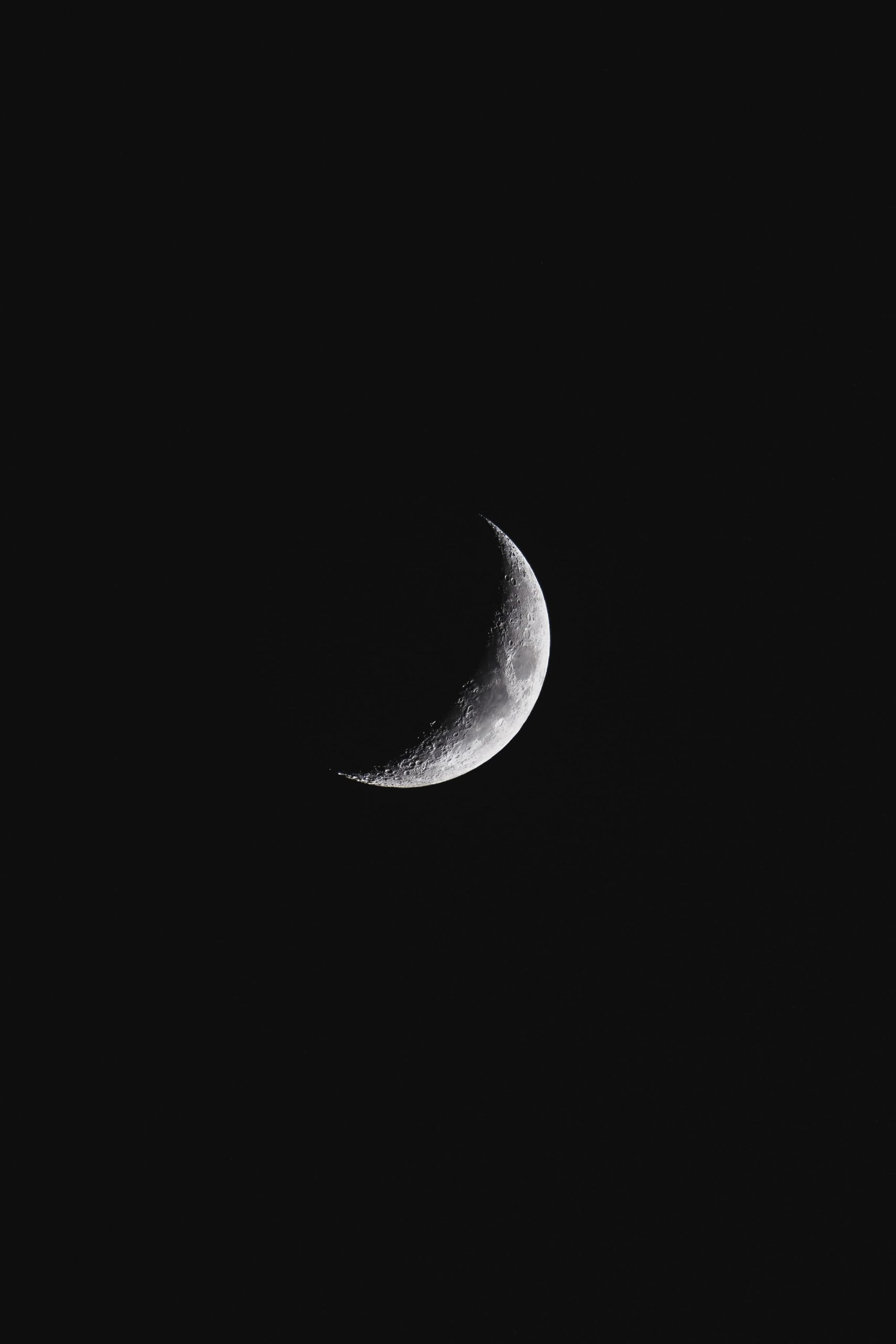Exploring Neo Pagan Groups: Embracing Ancient Traditions in the Modern World
In recent years, there has been a resurgence of interest in alternative spiritual practices that embrace nature, ancient traditions, and a connection to a higher power. One such movement that has gained popularity is Neo Paganism. With its roots in pre-Christian belief systems and a focus on individual spiritual exploration, Neo Pagan groups provide a welcoming and inclusive space for individuals seeking a deeper connection with the natural world. In this blog post, we will delve into the history, beliefs, and practices of Neo Pagan groups, as well as explore the various traditions and paths followed by these communities.
The History and Origins of Neo Paganism
Neo Paganism emerged in the early 20th century as a response to Western society’s growing disconnection from nature and a desire to reclaim ancient spiritual practices. The movement was heavily influenced by the writings of scholars such as Margaret Murray and James Frazer, who explored the remnants of pagan practices and beliefs that survived the Christianization of Europe.
One prominent figure in the early development of Neo Paganism was Gerald Gardner, who is often credited as the founder of modern Witchcraft or Wicca. Gardner’s teachings, combined with influences from various cultural and mythological sources, formed the basis for many Neo Pagan traditions that exist today.
Beliefs and Practices of Neo Pagan Groups
Neo Paganism encompasses a wide range of beliefs and practices, making it a diverse and inclusive movement. However, there are some common themes and principles that unite most Neo Pagan groups:
- A reverence for nature: Neo Pagans view the natural world as sacred and seek to connect with its rhythms and cycles. They often celebrate the changing seasons and honor various deities associated with nature.
- Polytheism and pantheism: Many Neo Pagan groups believe in multiple gods and goddesses, each representing different aspects of life and nature. Some also embrace pantheism, perceiving the divine as immanent within the world and everything within it.
- Karma and personal responsibility: Neo Pagans often emphasize the importance of personal accountability and believe in the concept of karma – the idea that one’s actions have consequences, both in this life and the next.
- Ritual and magic: Ritual ceremonies and magical practices are integral to Neo Pagan traditions. These rituals may include spellcasting, divination, and other forms of spiritual work aimed at manifesting intentions or connecting with the divine.
- Equality and inclusivity: Neo Paganism is generally characterized by a strong emphasis on equality and inclusivity. Neo Pagan groups tend to be open to individuals of all genders, sexual orientations, and backgrounds.
Different Paths within Neo Paganism
Within the broad spectrum of Neo Paganism, there are numerous paths and traditions that individuals can explore. Some of the most well-known paths include:
| Wicca | Druidry | Asatru | Eclectic Paganism |
|---|---|---|---|
| Wicca is a modern witchcraft tradition that focuses on the worship of deities associated with nature and the cycles of life. It places a strong emphasis on magical practices and rituals. | Druidry, inspired by the ancient Celtic Druids, centers around a deep connection to nature and the pursuit of wisdom. Druids often engage in ceremonies, study Celtic mythology, and work to protect the environment. | Asatru, also known as Heathenry, is a revivalist movement focused on the ancient Norse and Germanic traditions. Followers of Asatru honor Norse gods and goddesses, engage in ancestor worship, and celebrate Norse festivals. | Eclectic Paganism is a path that borrows from various traditions and practices. Eclectic Pagans often personalize their beliefs and rituals, drawing inspiration from multiple sources. |
These are just a few examples, and there are many other paths within Neo Paganism, each with its unique practices and beliefs.
Neo Paganism in the Modern World
Over the years, Neo Paganism has continued to grow and evolve, adapting to the changing needs and beliefs of its practitioners. Today, Neo Pagan groups can be found worldwide, both online and in physical communities.
Online platforms have played a significant role in connecting practitioners from diverse backgrounds and providing resources for those seeking to explore Neo Paganism. Websites, forums, and social media groups allow individuals to share knowledge, exchange experiences, and find like-minded individuals.
Additionally, festivals and gatherings provide opportunities for Neo Pagans to come together in person, celebrate seasonal rituals, attend workshops, and forge connections with others who share their spiritual interests.
Common Misconceptions about Neo Paganism
Despite the growing prominence of Neo Paganism, there are still misconceptions and stereotypes associated with this spiritual movement. It is essential to address these misunderstandings to foster a better understanding of Neo Paganism:
- Neo Paganism is not synonymous with Satanism: While some Neo Pagan traditions incorporate elements that could be misconstrued as dark or occult, they are fundamentally different from Satanism, which is based on Judeo-Christian ideas.
- Neo Pagans do not engage in harmful or unethical practices: Despite the association of witchcraft with curses or harmful magic in popular culture, most Neo Pagans adhere to ethical principles, such as the Wiccan Rede, which emphasizes doing no harm.
- Neo Paganism is not a cult: Neo Paganism consists of diverse individuals and groups who follow their own spiritual paths. It does not exhibit the characteristics typically associated with cults, such as strict control, isolation, or manipulation.
Conclusion
Neo Pagan groups offer individuals a unique and fulfilling spiritual path that embraces ancient traditions and celebrates nature. With its diverse range of beliefs, practices, and paths, Neo Paganism provides a welcoming space for personal exploration, magic, and community connections. By understanding the history, beliefs, and practices of Neo Paganism, we can foster greater acceptance and appreciation for this flourishing movement in the modern world.
References:
- British Pagan Federation – History of Paganism
- Learn Religions – History of Neopaganism
- The Order of Bards, Ovates & Druids – The Druid Way
- The Norse Mythology Blog
Table of Contents
